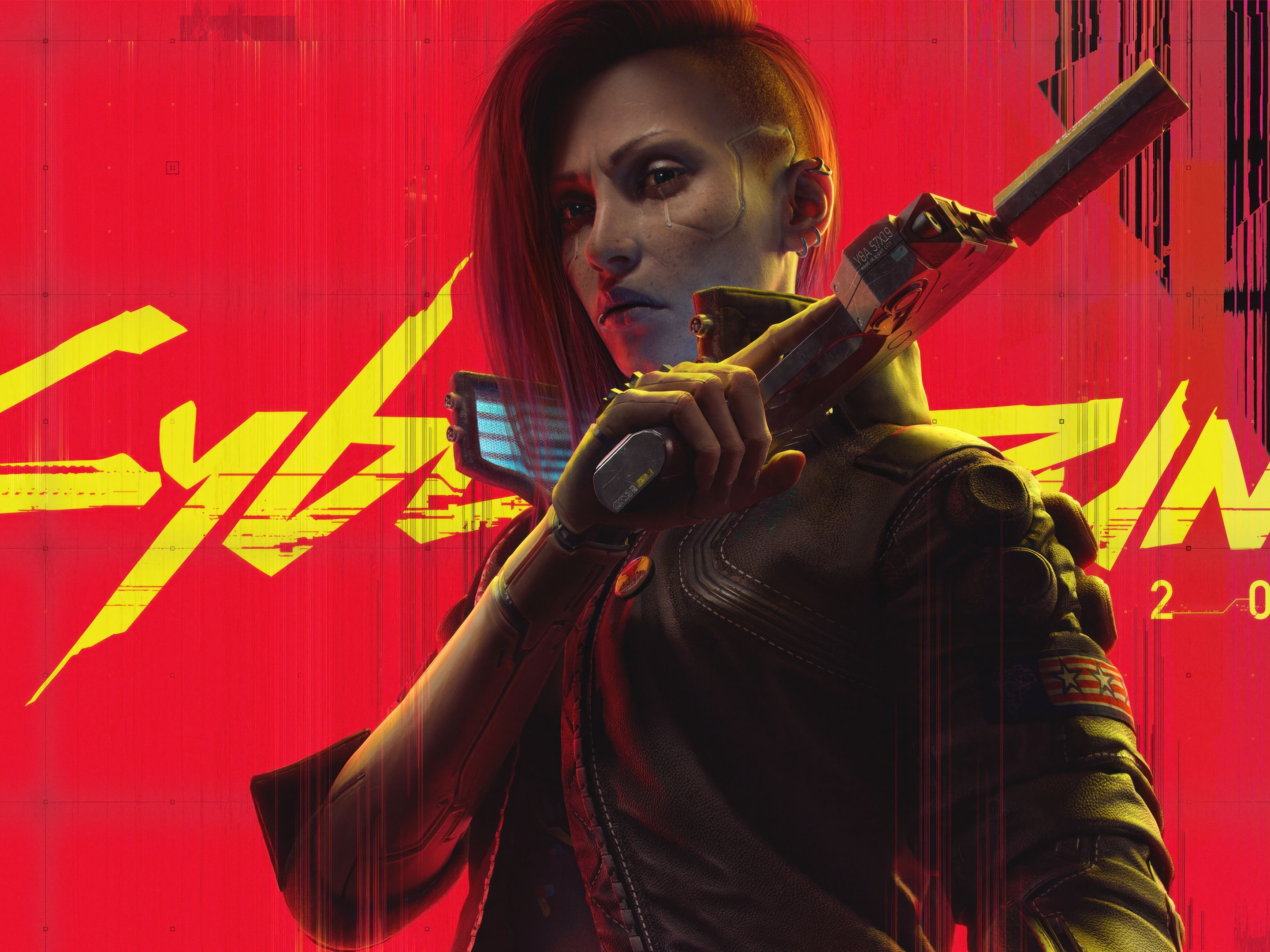Title: AAA Game-Based Simulation Role-Playing Games: The Evolution of Simulated Role-Playing
Introduction
Role-playing games (RPGs) have long been a cornerstone of interactive entertainment, allowing players to immerse themselves in rich narratives, complex characters, and expansive worlds. With advancements in technology, AAA game-based simulation RPGs have taken this immersion to unprecedented levels, blending hyper-realistic environments, dynamic AI, and intricate role-playing mechanics. These games not only simulate fictional worlds but also replicate real-life social interactions, decision-making consequences, and emotional engagement, making them a pinnacle of modern gaming.
The Rise of Simulation in RPGs
Traditional RPGs relied on turn-based combat, scripted dialogue, and linear progression. However, AAA simulation RPGs integrate advanced physics engines, procedural generation, and AI-driven NPCs to create living, breathing worlds. Games like The Witcher 3: Wild Hunt, Red Dead Redemption 2, and Cyberpunk 2077 demonstrate how simulation enhances role-playing:
- Dynamic NPC Behavior: AI-controlled characters now remember player actions, react to choices, and evolve over time.
- Environmental Realism: Weather systems, day-night cycles, and ecosystem interactions deepen immersion.
- Player Agency: Choices have long-term consequences, shaping the narrative in nonlinear ways.
Psychological and Social Simulation
Beyond visual realism, modern simulation RPGs replicate human psychology and social dynamics. Titles like Disco Elysium and Baldur’s Gate 3 use:
- Personality Systems: Characters develop traits based on decisions, affecting relationships and gameplay.
- Social AI: NPCs form alliances, betray players, or hold grudges based on interactions.
- Emotional Storytelling: Moral dilemmas and ethical consequences force players to reflect on their actions.
Challenges and Ethical Considerations
While simulation RPGs push boundaries, they face challenges:
- Technical Limitations: Real-time AI and physics demand immense computational power.
- Ethical Dilemmas: Hyper-realistic violence or social manipulation raises concerns about player impact.
- Balancing Realism vs. Fun: Overly complex systems may alienate casual gamers.
The Future of Simulated Role-Playing
Emerging technologies like neural network AI, VR integration, and blockchain-driven economies could further blur the line between game and reality. Future RPGs might feature:
- Fully Autonomous NPCs: AI that learns and adapts uniquely to each player.
- Biometric Feedback: Games adjusting difficulty based on player stress or emotional state.
- Persistent Worlds: Evolving narratives that continue even when the player is offline.
Conclusion
AAA simulation RPGs represent the zenith of interactive storytelling, merging cutting-edge technology with deep role-playing mechanics. As these games evolve, they challenge players not just to escape reality but to engage with it—questioning morality, empathy, and consequence in ways only simulated worlds can achieve. The future of RPGs isn’t just about playing a role—it’s about living one.

(Word count: 620)
Would you like any refinements or expansions on specific sections?














